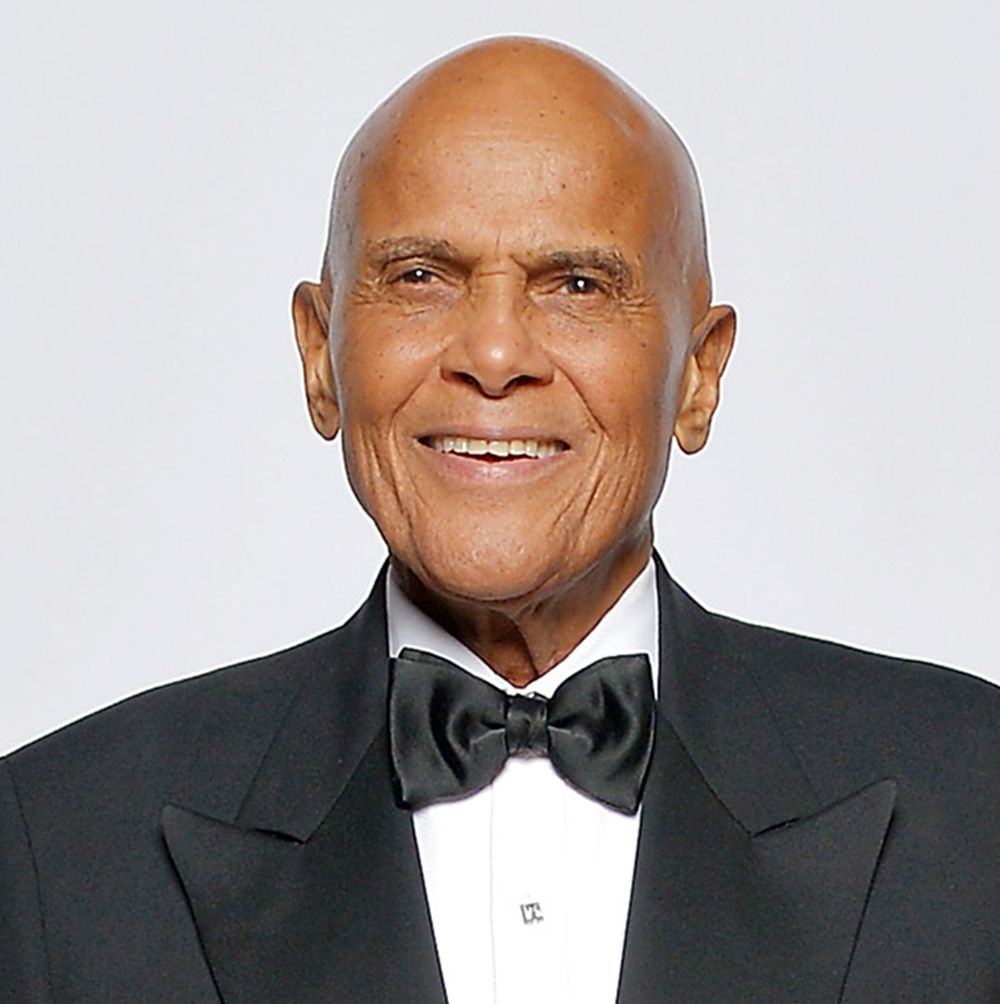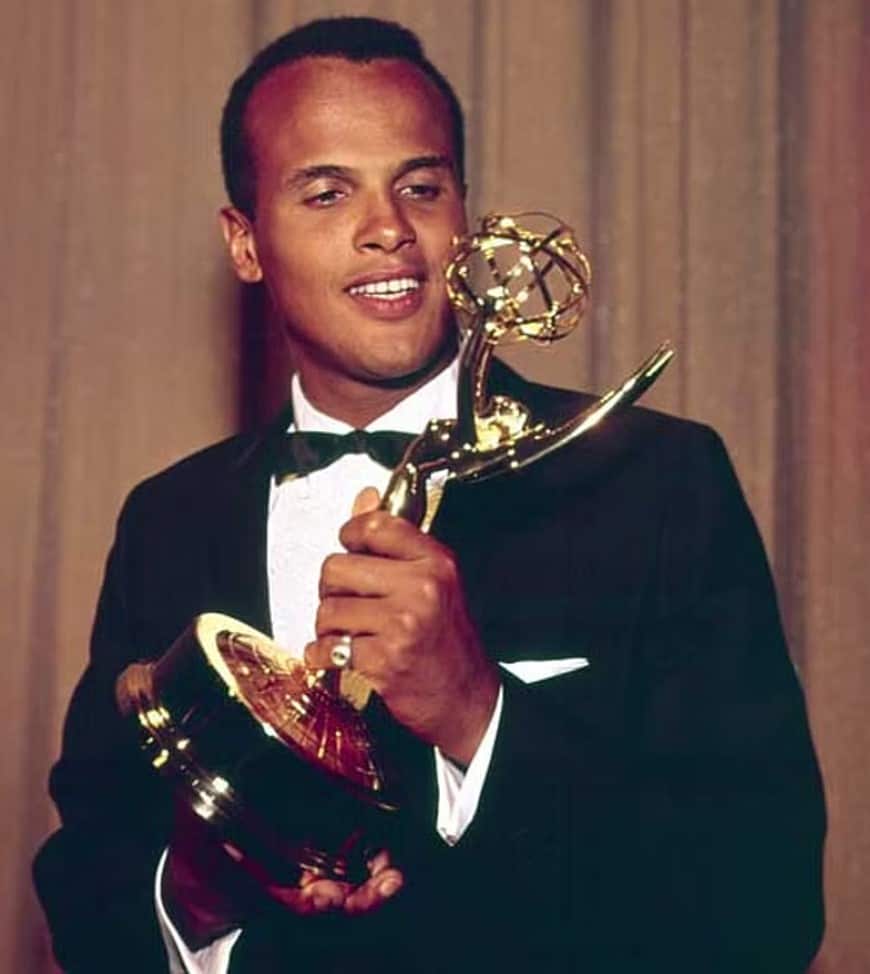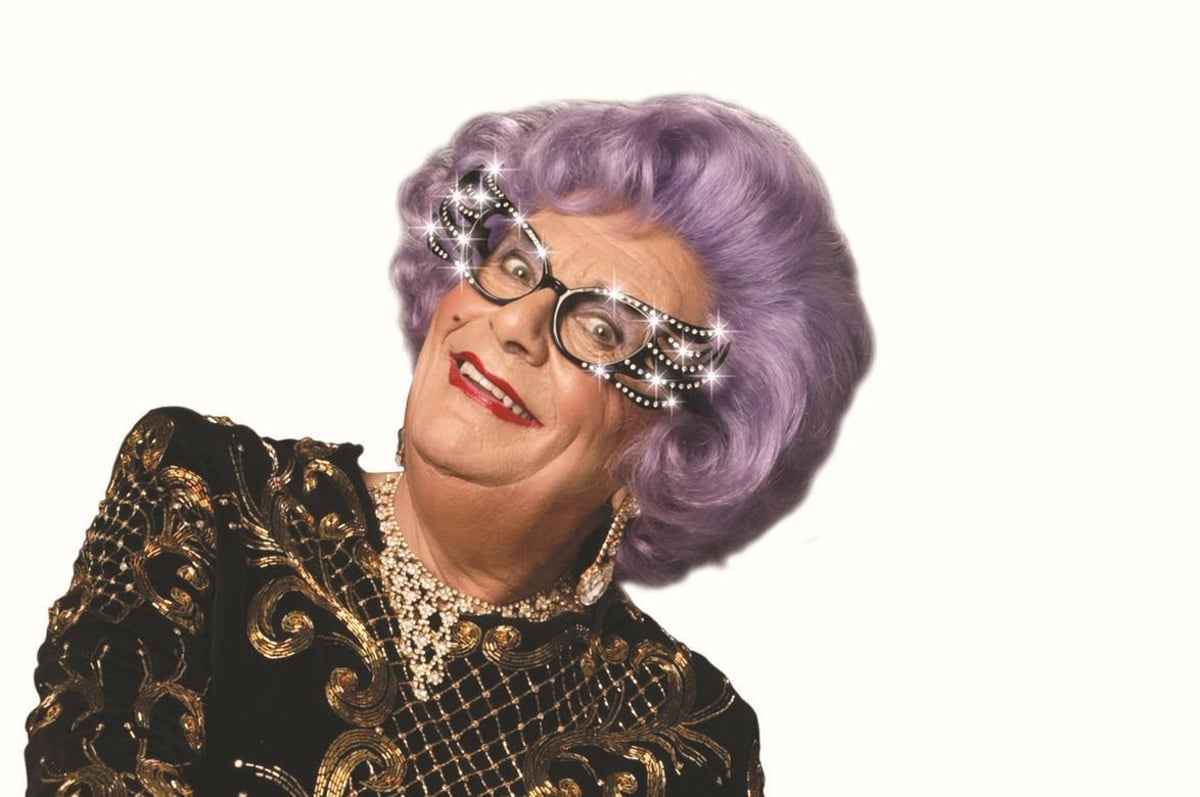 |
| Jerry Springer February 13, 1944 – April 27, 2023 |
Gerald Norman Springer was born on February 13, 1944, in the London Underground station of Highgate while the station was in use as a shelter from German bombing during World War II, and was raised in Queens, New York City. He attended Northwestern University School of Law, qualified as a lawyer, and first became actively involved in politics working for the campaign of Robert Kennedy in 1968.
Jerry Springer debuted on September 30, 1991. It started as a politically oriented talk show, a longer version of Springer's commentaries. Guests on the show included Oliver North and Jesse Jackson, and topics included homelessness and gun politics.
In early 1994, Springer and his new producer, Richard Dominick, revamped the show's format in order to garner higher ratings. The show became more successful as it became targeted toward tabloidish sensationalism. Guests were everyday people confronted on a television stage by a spouse or family member's adultery, homosexuality, transsexuality, prostitution, transvestism, hate group membership, or other controversial situations. These confrontations were often promoted by scripted shouting or violence on stage. The show received substantial ratings and much attention. By 1998, it was beating The Oprah Winfrey Show in many cities, and was reaching more than 6.7 million viewers.
On July 10, 2002, the sons of guest Nancy Campbell-Panitz – who was murdered by her ex-husband after they appeared on a May 2000 episode with his girlfriend – filed suit in Sarasota County against Springer, his producers, and his distributor, claiming he created "a mood that led to murder". Ultimately, the estate of Campbell-Panitz dropped all monetary claims against Jerry Springer and the show agreed to waive its claims for malicious prosecution against the personal representative of the estate of Campbell-Panitz and his counsel.In 2005, a UK version of the show aired on Britain's ITV network titled The Springer Show. A subdued and more tongue-in-cheek version of the U.S. show, it beat its talk-show rival Trisha Goddard five to one in the ratings.The VH1 "celebreality" series The Springer Hustle, which took a look at how Jerry Springer is produced, premiered in April 2007.
In April 2015, Springer debuted The Jerry Springer Podcast on his website, JerrySpringer.com. He later partnered with Westwood One to stream the podcast. It was also broadcast in the UK on Talkradio, on Sundays at midnight. Springer was the second American talk show host to travel to Cuba, after Conan O'Brien, for The Jerry Springer Podcast. The podcast ended in 2022.On July 26, 2018, Jerry Springer aired its final episode in syndication after 27 seasons before it began airing reruns on The CW on September 10, 2018.Springer debuted a new courtroom show, Judge Jerry, on September 9, 2019. The show gave him the opportunity to host a more "grown-up" program and to use his law school education. On March 9, 2022, the series was canceled after three seasons.Springer hosted America's Got Talent on NBC for its second and third seasons, replacing Regis Philbin, before leaving to concentrate on other projects.
From January 17, 2005, to December 5, 2006, Springer hosted Springer on the Radio, a liberal talk show on Cincinnati's WCKY-AM. He did the show from the Clear Channel studios in Kenwood, Ohio on Mondays, Thursdays, and Fridays, and in Chicago (where his television show taped at the time) on Tuesdays and Wednesdays. Air America Radio syndicated the program for most of the show's run. |
| Good Night Jerry Stay Tuned Tony Figueroa |
and Each Other









